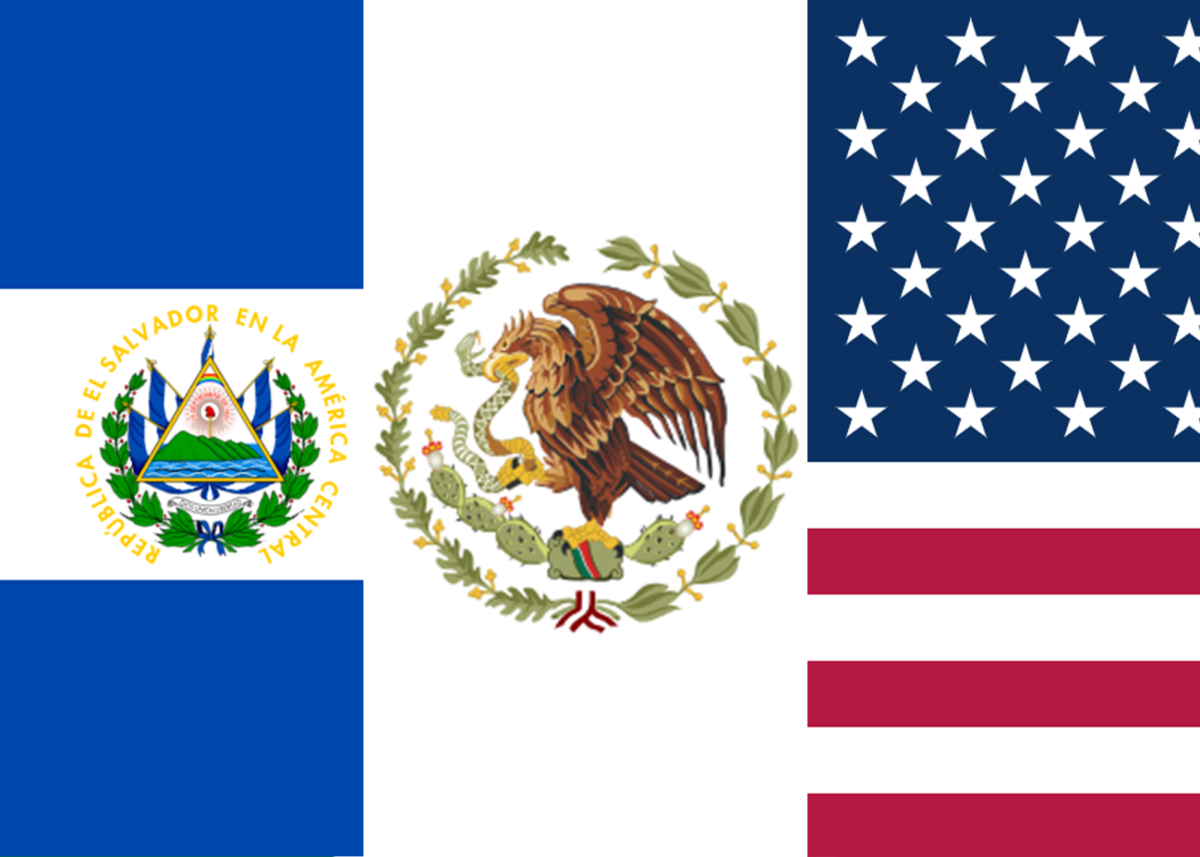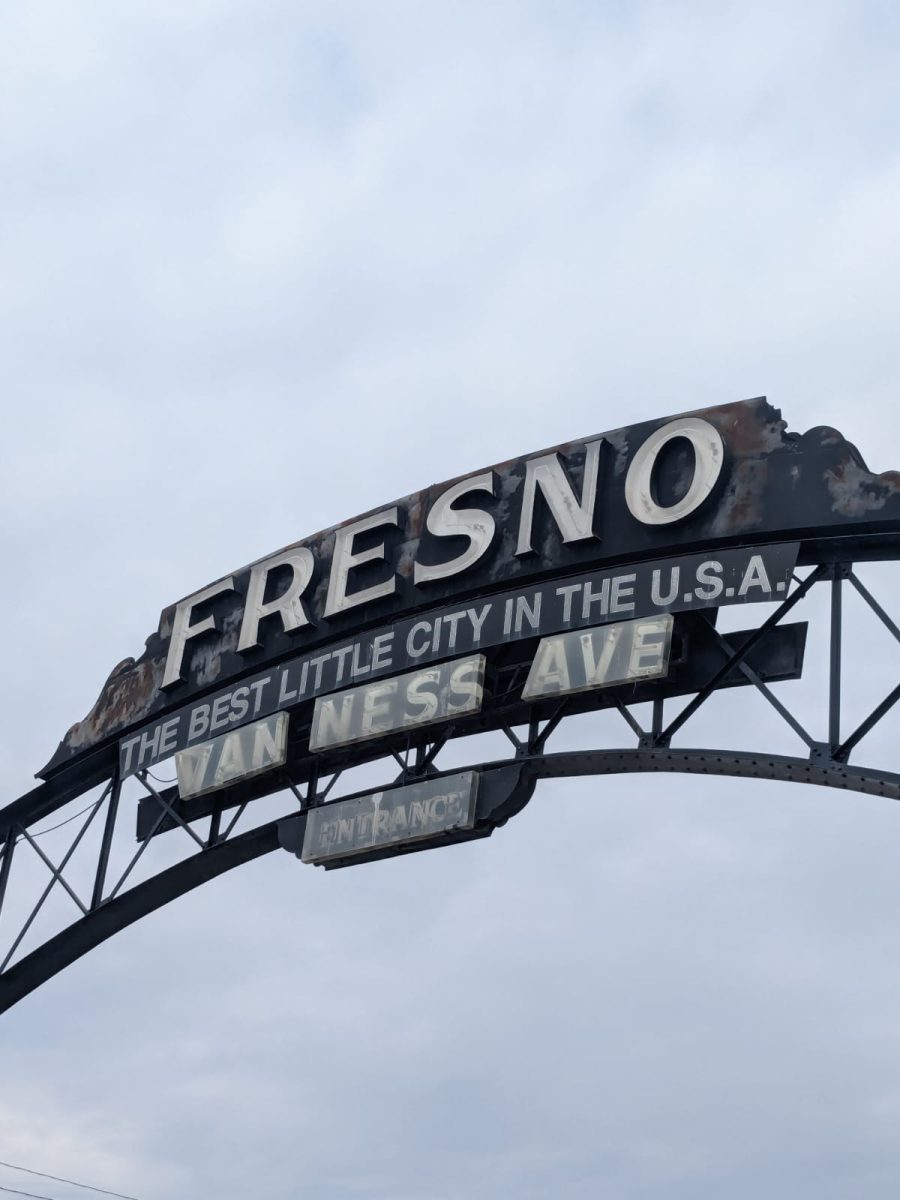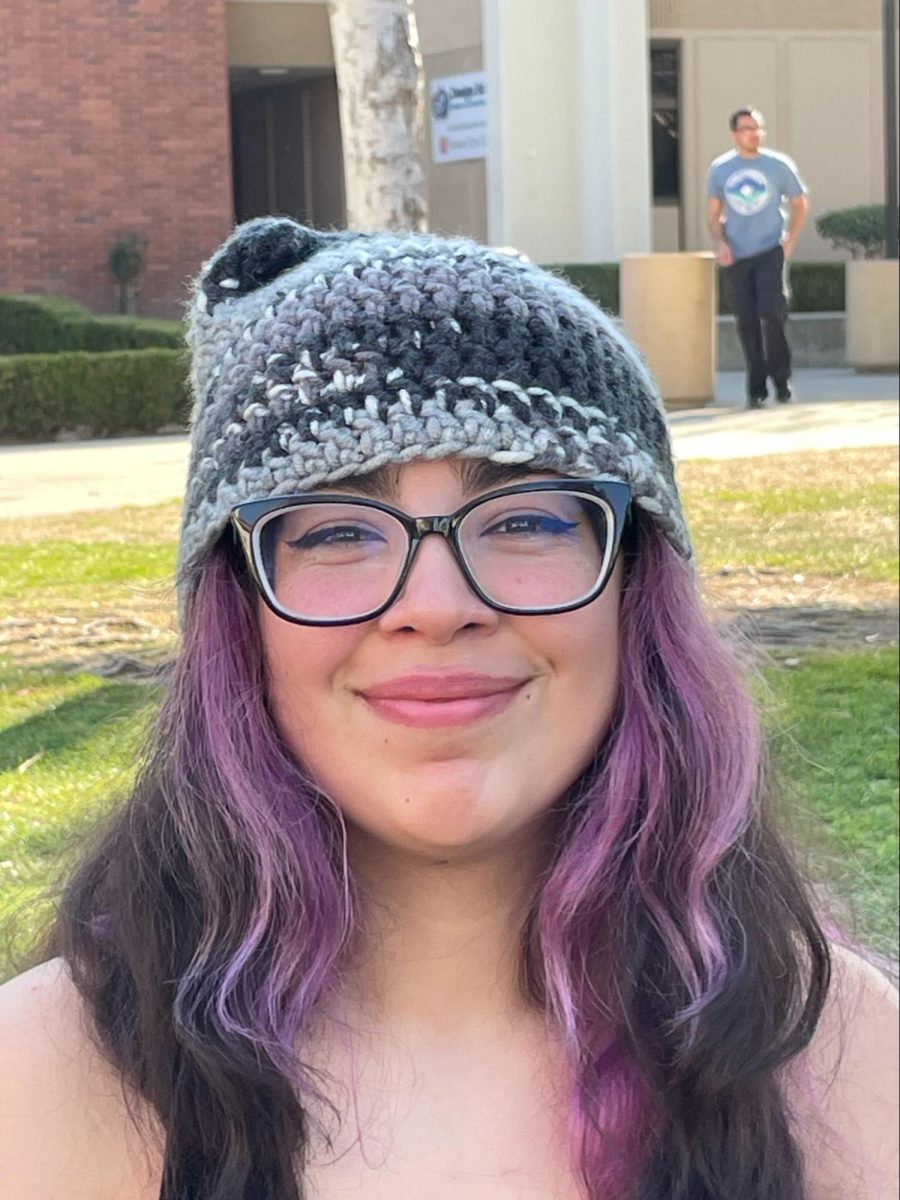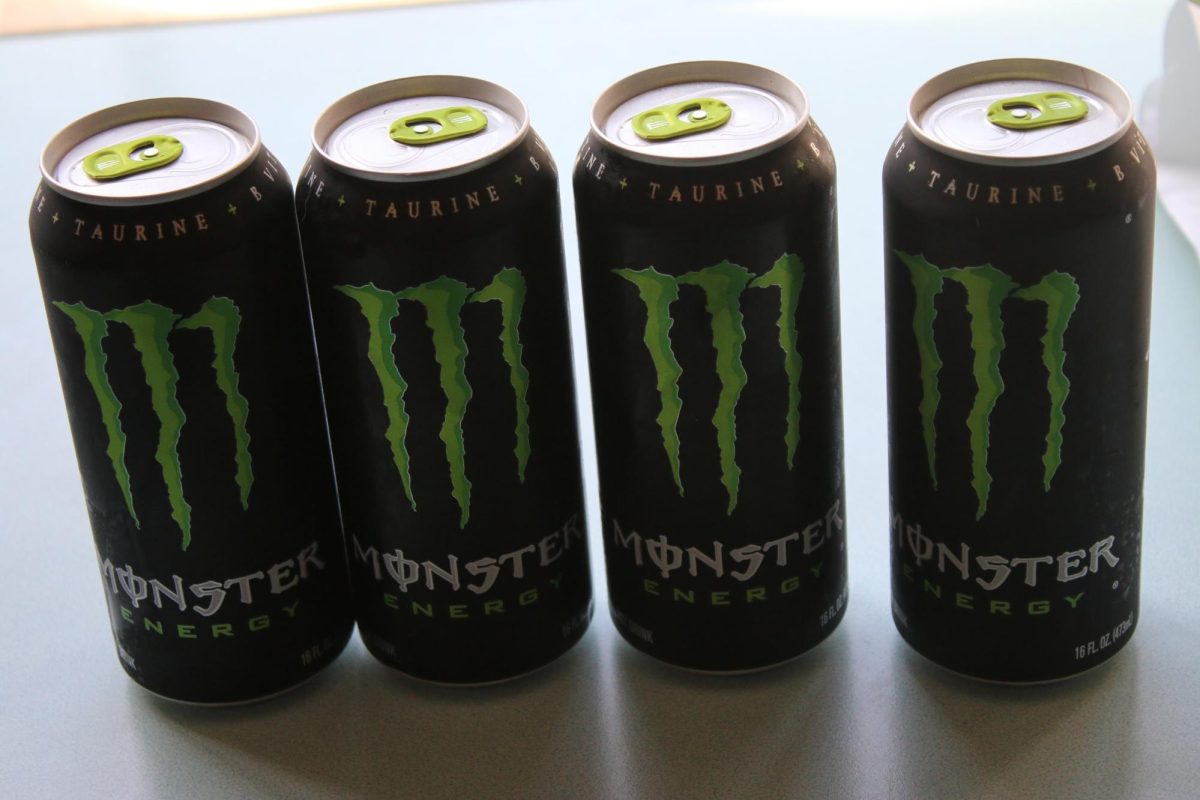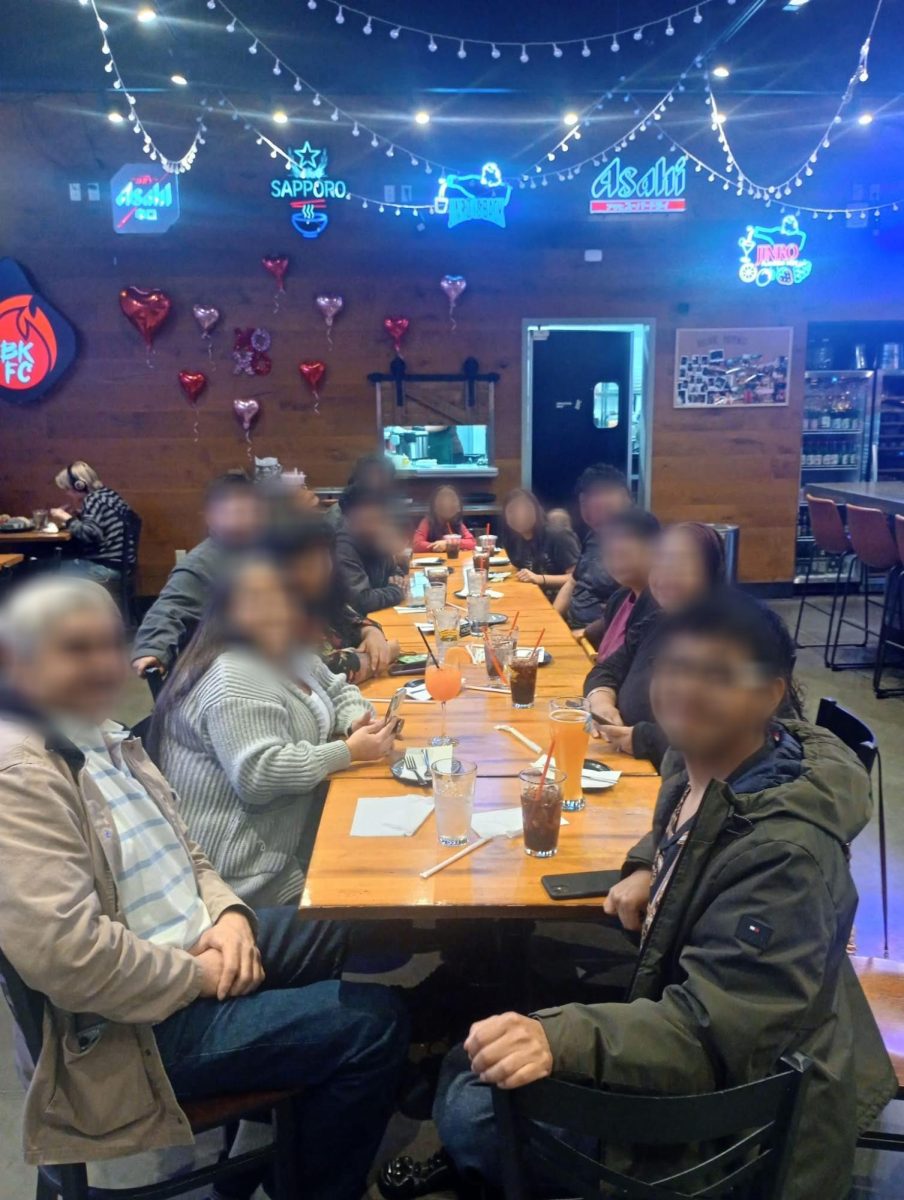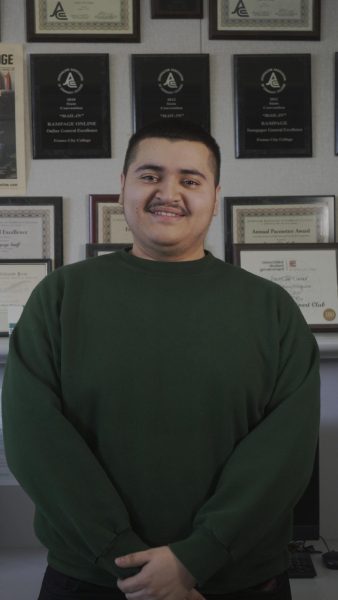Children of immigrants know the feeling of being corrected for messing up a word in their parent’s native language.
The embarrassment of saying “troka” instead of “camioneta” or “parquear” instead of “estacionar.”
The idea is that our parents speak “correct and proper” Spanish while we speak more chill Spanish, with an English influence also known as Spanglish.
Spanglish acts like its own language. A version of Spanish that can be easier
to understand. It’s common here in Fresno, especially in the Mexican community.
This version of Spanish isn’t wrong, but it is looked down on as if it’s disrespectful or inappropriate. It’s the way most younger Spanish-speaking people talk.
I understand why my dad and people from his generation hold their language
so near and dear.
When my dad came here from El Salvador with his brothers in search
of a better life, Spanish was the only language they knew. They learned some
English in their country, but not enough to get by.
Being in a country and not knowing the language is hard enough, now imagine also being in that country and being worried about your legal status.
All that trauma my parents had to go through to be where they are and have a
family to depend on. Now imagine going through all of that just for your son to
butcher your language.
It makes sense why they don’t want their language to “go away” if we continue with a more Spanglish language.
But just like Spanish is their language, Spanglish is mine and for many other people.
That’s how we communicate. It may not be as proper as how my parents speak, but there is no reason why it has to be looked down on.
It’s nice when you can meet another student who can speak Spanish. You get to connect with them and the one thing we always bring up is where our parents are from.
We’re not thinking of how proper our Spanish is, we’re just happy someone can speak it as well.

